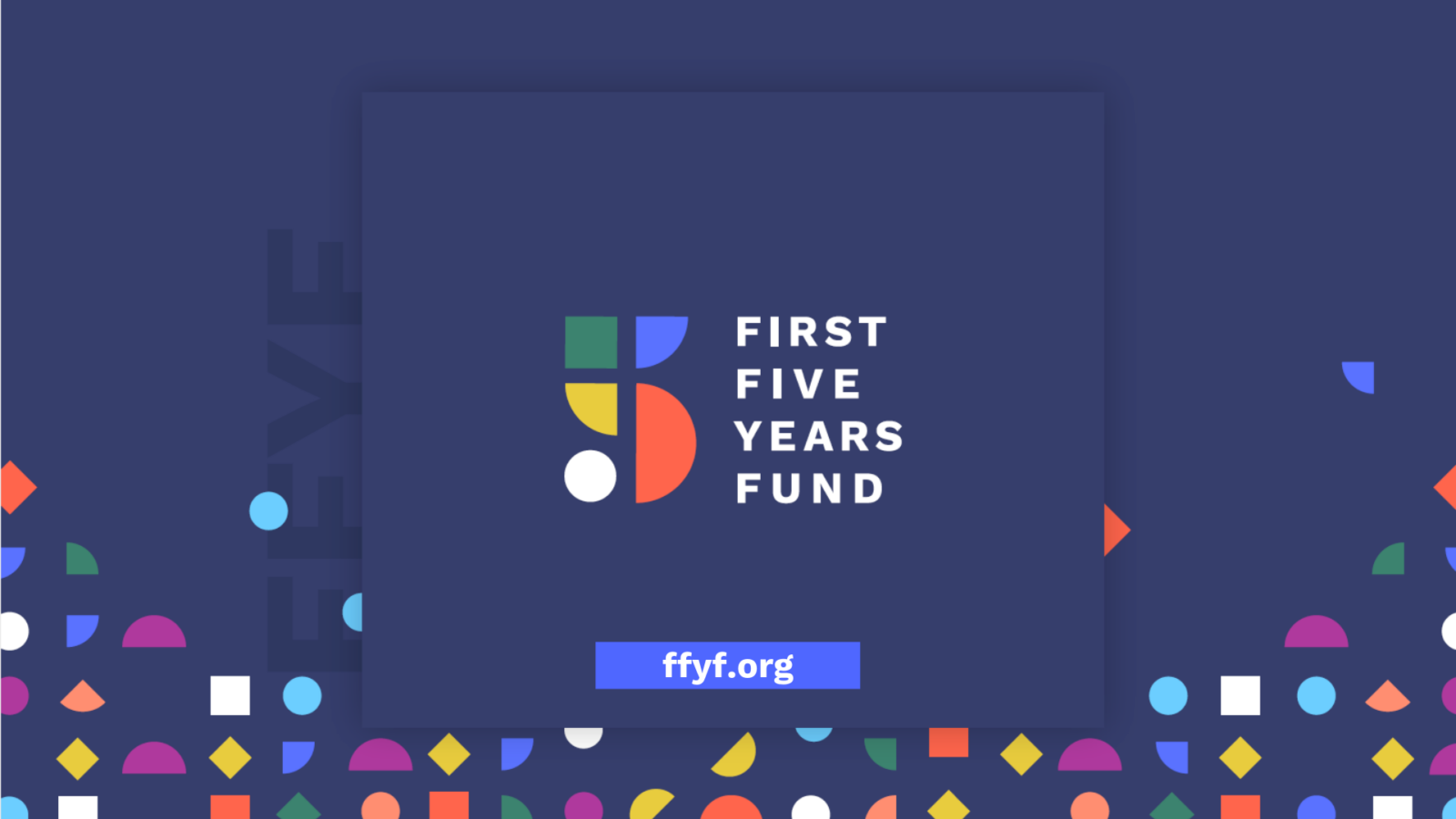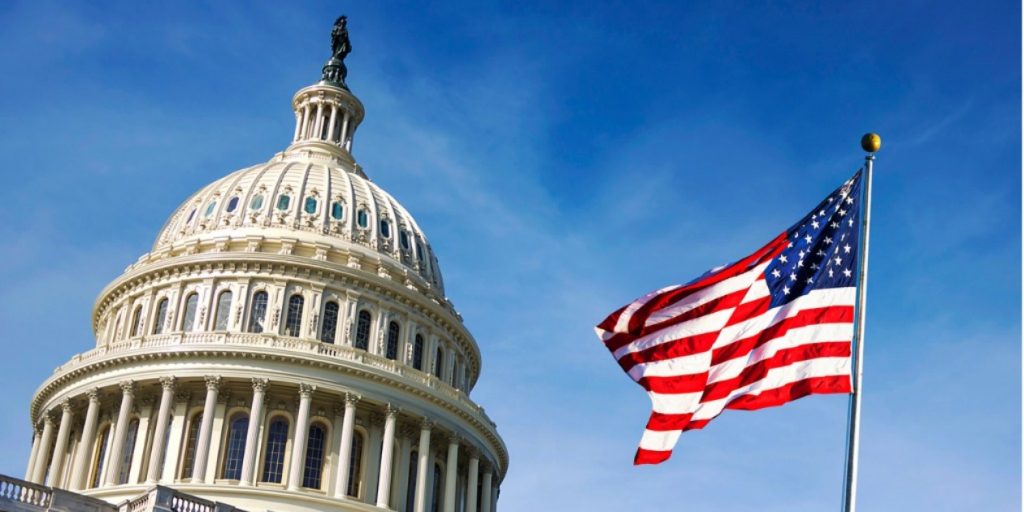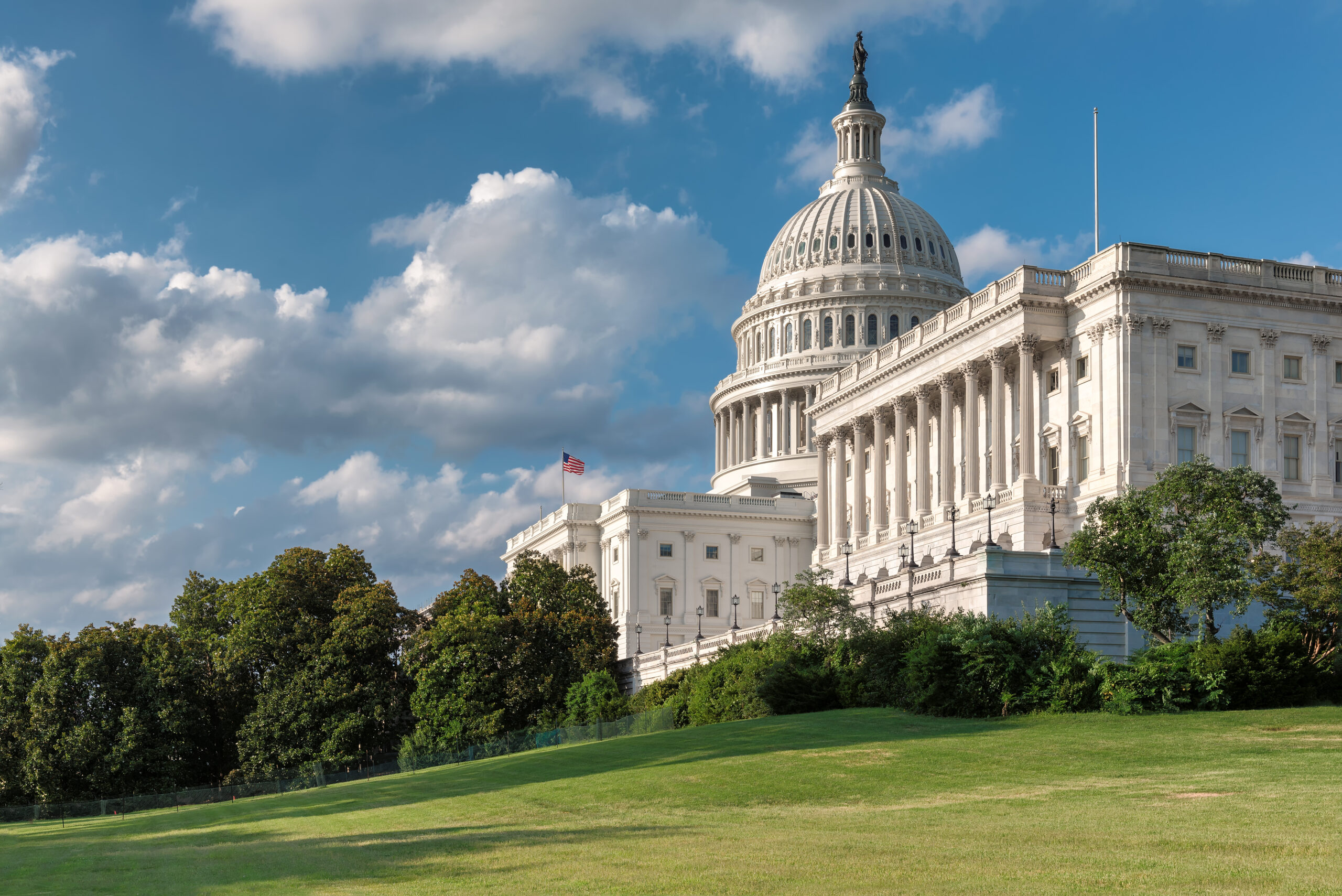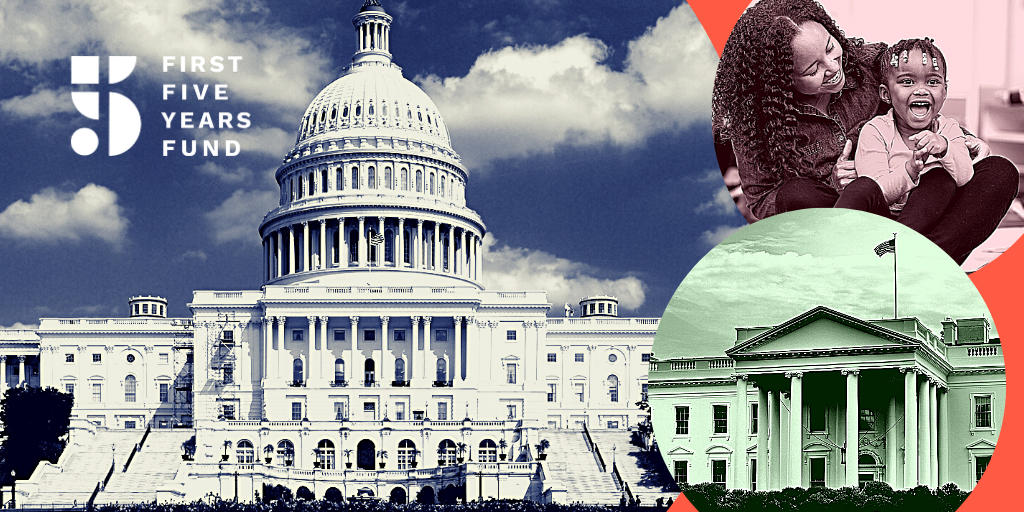Early Learning and Care Highlighted at Azar, DeVos Appropriations Hearings

In case you missed it last week, members of the House and Senate held committee hearings to discuss FY2021 appropriations with the Secretary of Health and Human Services Alex Azar and Secretary of Education Betsy DeVos.
During his testimony on the Administration’s budget priorities before the House Ways and Means Committee, Secretary Azar acknowledged the rising cost of child care and the burden it places on working families, and he expressed support for investing in high-quality child care in order to increase access and make it more affordable for working families.
“Child care is an investment in both present and future generations of the workforce. However, it is also one of the biggest expenses for families and can be a barrier to work,” Azar said in his opening statement. “Funding plays a critical role in helping families achieve self-sufficiency by providing parents access to a range of child care options.”
In response to questioning about the effectiveness of the Maternal, Infant, and Early Childhood Home Visiting (MIECHV) program from Congresswoman Jackie Walorski (R-IN) during the House Ways and Means Committee hearing, Azar praised the work done by the program to provide pregnant women and families with the resources they need to raise healthy children and to combat maternal mortality.
“That program gives pregnant women and families, particularly those considered at risk, necessary resources and skills to raise children who are physically, socially, and emotionally healthy, and ready to learn,” Azar said. “So it is an important part of our maternal health initiative.”
During the appropriations hearing for the Department of Education, members of the committee called for greater support for programs like Child Care Access Means Parents in School (CCAMPIS) and IDEA state grants. Members also expressed concern about the proposal to stop collecting Office of Civil Rights demographic and suspension data for preschool-aged students.
Last year, FFYF submitted a comment to the Department of Education opposing the change as the value of the data is critical for the work of policymakers and practitioners.
In February, the White House released the president’s FY2021 budget request to Congress, which includes the administration’s desired revenue and spending levels for each federal program, including early learning and child care initiatives.
This year’s budget request includes level funding for many of the programs that support the care and education of children from birth through five, as well as a proposal for $1 billion in mandatory funding for what the White House says would be a one-time fund to build the supply of child care for underserved populations and to stimulate employer investment. At the same time, other crucial early learning and child welfare programs received cuts, including the bipartisan Preschool Development Grant program and the Children’s Health Insurance Program (CHIP).
FFYF is rallying support for lawmakers on both sides of the aisle to join their colleagues in signing onto letters that demonstrate their desire for funding increases for the federal early learning and care programs.
Subscribe to FFYF First Look
Every morning, FFYF reports on the latest child care & early learning news from across the country. Subscribe and take 5 minutes to know what's happening in early childhood education.



